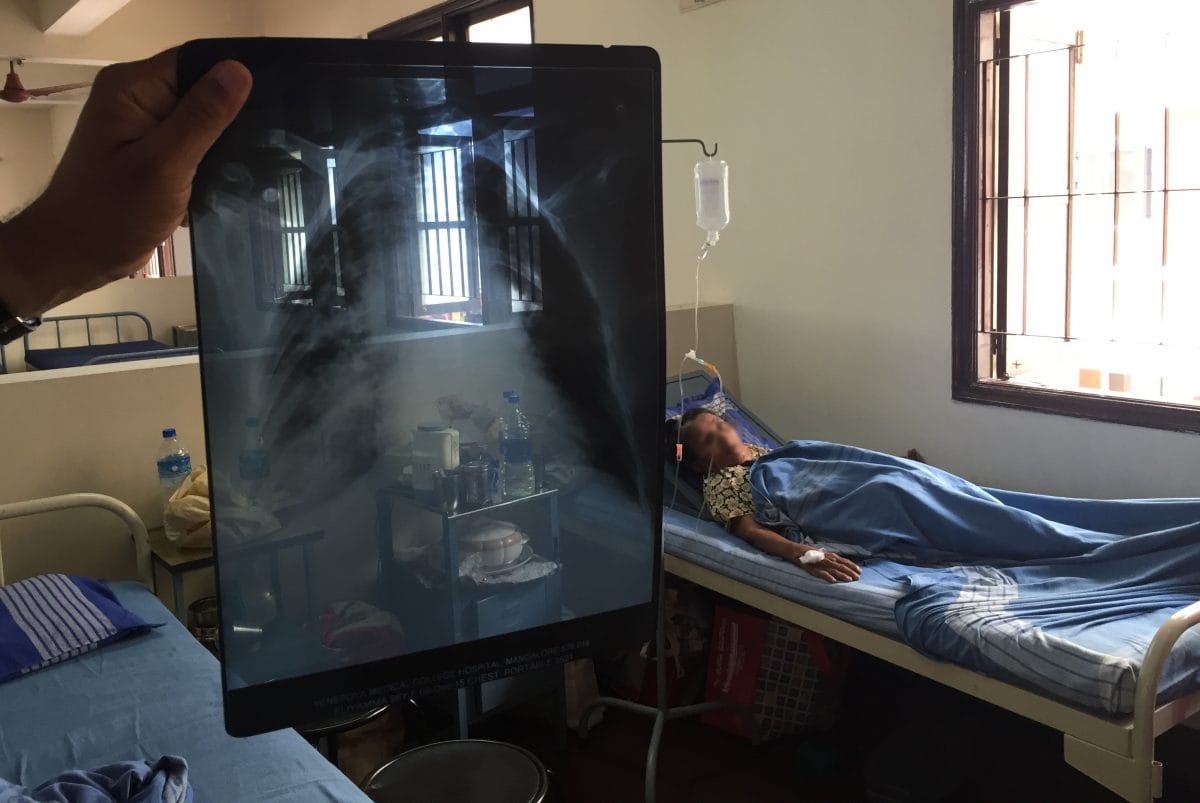
Both infectious diseases and noncommunicable diseases (NCDs) take a significant toll throughout India. In Maharashtra, a screening campaign has led to diagnoses of numerous conditions throughout the state capital Mumbai and detection of multiple symptoms of a range of ailments.
The survey, conducted by the Brihanmumbai Municipal Corporation (BMC), covered approximately 25 lakh people over 22 wards in 929,027 households. 2,654 teams were involved in implementing the campaign.
The screening efforts diagnosed 172 cases of tuberculosis (TB) out of 5,342 suspected instances of the disease; 86 confirmed cases of leprosy, as well as 2,362 people at risk of the disease; and more than 100,000 people affected by NCDs such as cancer, diabetes, and hypertension, including 1,127 cancer cases.
In addition to the screening for diseases, people aged over thirty years were measured for NCD risk factors such as genetic history for conditions such as diabetes, body weight, and the circumference of their waist. Of those assessed, more than eleven percent were found to have NCD risk factors making them susceptible to developing the conditions.
“All the patients who have been diagnosed as TB-positive have been referred to BMC dispensaries and clinics for further treatment. But they can also opt for treatment at private hospitals,” said BMC Dr Padmaja Keskar, executive health officer of the BMC. Of NCDs, she said “lifestyle diseases like diabetes and hypertension have turned into silent killers and due to lack of awareness, it is too late before most people find out and begin treatment, increasing morbidity rates.”
NCDs are responsible for the majority of deaths in India and are often chronic in nature, requiring lifelong management. In the case of diseases such as cancer, late detection allows for the disease to reach advanced stages where it has spread, making the condition considerably more difficult to treat and drastically lowering survival outcomes.
Infectious conditions such as leprosy and TB also have a considerable footprint in India. While cases of TB are decreasing, India is still home to the highest number of TB cases in the world (shouldering 27 percent of the global disease burden) as well as 25 percent of the world’s unreported TB cases – making a screening campaign such as the one conducted by the BMC vital. Cases of leprosy in India, even though the disease is eliminated in the country, are still the highest in the world.
Mumbai is home to more than twenty million people, making it the most populous city in India and the fourth most populous city in the world. With such a large population comes a significant onus upon authorities to be vigilant in the face of public health challenges such as NCDs and infections and to ensure screening, diagnostics and treatments are readily available to those in need.
“In community drives, adds Dr Keskar, “we pick up cases early instead of waiting for people to become sick and reach hospitals.”

